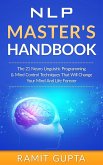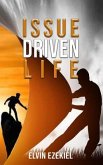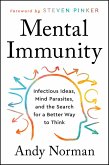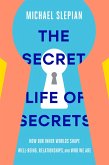If you have ever thought about coincidences and were just a bit curious about them, then Neil welcomes you to 'The Third Way' to look at the subject.
This is unlike any other book written on the subject of coincidences instead it takes a unique approach to the ongoing debate about the laws of chance determining all coincidences versus some other form of explanation.
Neil explores a range of disciplines and topic areas including, celebrities, royalty, novelists, archaeology, anthropology, psychology, sociology, philosophy and theoretical physics to name a few.
By incorporating email correspondence and broadcast dialogue transcripts into his in-depth statistical validation studies, Neil provides an entertaining analysis of some of the most historic people and events that seeks to question what you know.
While each of Neil's books cover a different aspect, of theory and explores its place in the wider world of both developmental psychology and philosophy, they are backed up by several hundred blog and related articles usually featuring case histories.
The "Life Cycles Theory" has over 50 unique and easy to understand terms and icons. It has its own method of analysis and form of prediction, but it is not related to the occult in any of its many forms. Neither is it derived from astrology or numerology or any ancient or modern esoteric ideas, rather it is derived from the work of the adult developmental psychologist, Daniel Levinson.
Dieser Download kann aus rechtlichen Gründen nur mit Rechnungsadresse in A, B, CY, CZ, D, DK, EW, E, FIN, F, GR, H, IRL, I, LT, L, LR, M, NL, PL, P, R, S, SLO, SK ausgeliefert werden.









